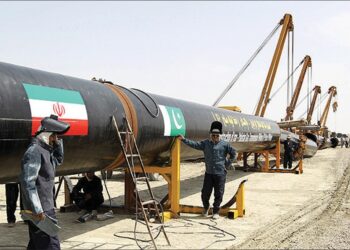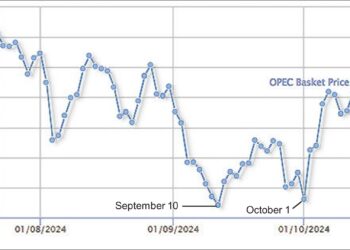July 11, 2014
by Warren L. Nelson
Some officials in Europe are complaining bitterly that the United States is trying to keep sanctions on Iran to block European businessmen from that market while American businessmen quietly sneak back in.
And they say they have the statistics to back up their assertion. In 2013, they say, US exports to Iran rose an astonishing 25 percent compared to 2012 and despite the extremely harsh sanctions that were imposed by Europe in 2012. In the same time period, European trade with Iran plummeted a startling 79 percent.
Marietje Schaake, a Dutch member of the European Parliament, expressed bitterness at this. “It seems the US seeks a competitive advantage” over Europe, she charged.
And Jack Straw, who was Britain’s foreign secretary a decade ago and is now a member of the European Parliament, also complained of what he saw as a double standard being pursued by the Americans, one that could “split the international community.”
The numbers they cite are accurate—but highly misleading. US trade with Iran last year did rise—from insignificant to inconsequential—a point the critics try to ignore. They also ignore the fact that US trade with Iran in 2014 is running at half the rate of last year, totally undermining their argument of some sneaky US plot to cheat Europe.
The percentages quoted by the critics hide the real numbers. US trade with Iran last year—after rising from the previous year—totaled a measly $315 million. EU trade with Iran—after falling by three-quarters—totaled $8.2 billion, In others words, the depressed EU trade the critics cry about is 26 times the volume of US trade the critics want everyone to think is massive.
One of the European complaints is that US companies get waivers from the authorities in Washington that aren’t available to non-Americans. The Treasury grants licenses for US businesses to trade permitted goods—food and pharmaceuticals—with Iran, and Straw said that creates an advantage over European companies that must make their own assessment of the legal situation.
“If you’re an American trader with an American bank you don’t run into trouble, but if you’re a European banker you do,” Straw said at a May 20 briefing in Vienna.
He did not note that food and pharmaceuticals are exempt from both US and EU sanctions.
“Over the years, European bankers would receive calls from US officials on a Friday afternoon, asking why they were helping to promote trade with Iran,” said Heinrich Matthee at the Institute for Near East and Gulf Military Analysis in Brussels, who advises European companies. “That tends to ruin the weekend.”
As a result, companies that want to trade with Iran have trouble finding banks to finance them, according to Steffen Behm, head of the Iran desk at the Berlin-based German chamber of commerce told Bloom-berg.
Among Europeans who say that they’ve carried most of the weight of the Iran sanctions, any perception of growing US trade risks “undermining solidarity,” said Ian Kearns, director of the London-based European Leadership Network, a policy-advisory group led by former EU officials.
The issue “will inevitably create tension,” said Suzanne Maloney, a senior fellow at the Brookings Institution in Washington. “We’re just lucky to this point that tension hasn’t escalated.”
Without a new nuclear agreement being reached within weeks, said the UK’s Straw, “the pressure to dilute sanctions will be very strong.” Straw has long wanted to dilute sanctions.
In the event talks stumble, the EU should stand up to a US Congress that may want to levy more sanctions or try to prevent an accord, European Council on Foreign Relation fellow Ellie Geranmayeh wrote in a report published last month. The EU needs to protect its strategic interests in Iran and must prepare to “act independently of the US,” she wrote.

















